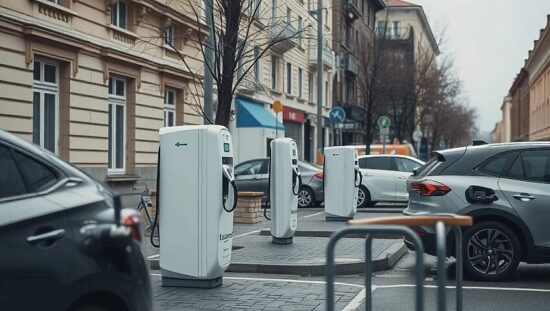The German automotive industry is sounding alarms over the escalating costs of electric vehicle (EV) charging, warning that current pricing structures are stifling the transition to electric mobility and hindering Germany’s climate goals. Hildegard Müller, President of the Verband der Deutschen Automobilindustrie (VDA), voiced sharp criticism of the lack of competition amongst charging network operators and the opacity surrounding pricing mechanisms.
Müller told “Bild” newspaper that charging costs, particularly at publicly accessible stations, are significantly higher than in comparable international markets. She emphasized that the problem isn’t solely attributable to Germany’s broader energy price increases, suggesting systemic issues within the charging infrastructure sector. The complexity and lack of transparency in how charging prices are calculated contributes to the problem, preventing consumers from making informed choices and hindering market dynamics.
The VDA’s concerns add another layer of political pressure on the German government, already facing scrutiny over energy policy and the pace of the energy transition. Müller directly called on Chancellor Scholz’s administration to intervene, demanding a reduction in ancillary electricity costs, specifically network fees and electricity taxes levied on charging electricity. These costs, she argues, place an undue burden on EV drivers and discourage wider adoption.
Beyond pricing, the need for continued investment in charging infrastructure remains critical. While the government has pledged substantial funding, the VDA implies that progress is insufficient to meet the growing demand and alleviate range anxiety. Reports indicate some providers are charging as much as €1.00 per kilowatt-hour, a price point that threatens to push potential EV buyers back towards conventional vehicles.
The VDA’s intervention signals a potentially volatile period for the German government’s EV strategy. While the push for electric mobility is central to the country’s climate commitments, ensuring affordability and accessibility will be key to its long-term success. Failure to address the rising costs of charging, coupled with ongoing infrastructure gaps, risks undermining public confidence and jeopardizing Germany’s leadership position in the automotive sector. The implicit criticism suggests a need for greater regulatory oversight of charging network operators and a more aggressive approach to fostering competitive pricing within the market.





